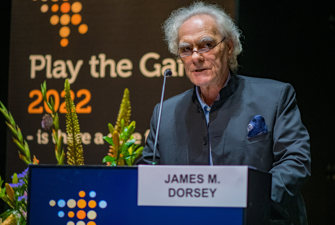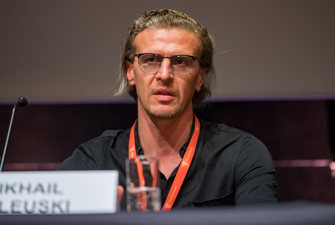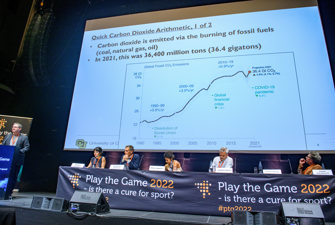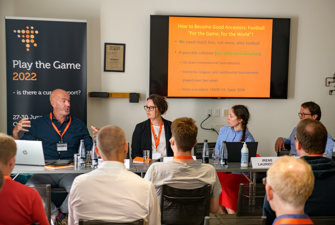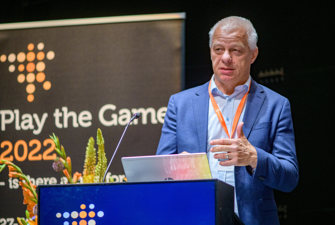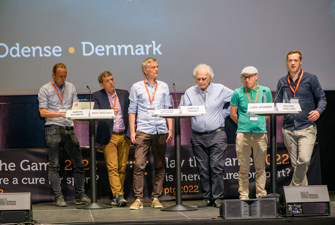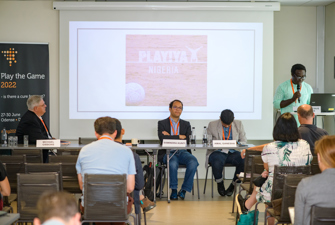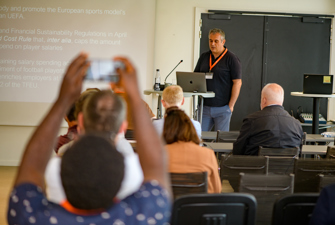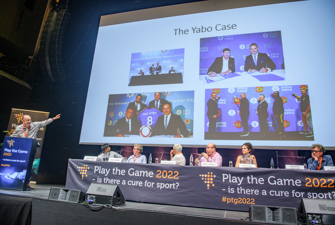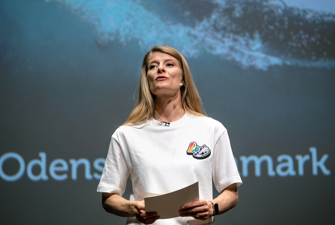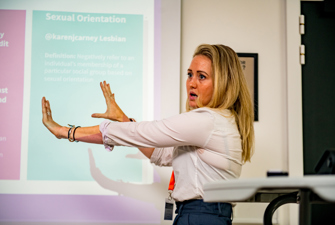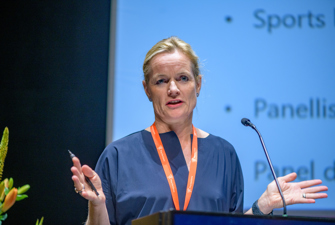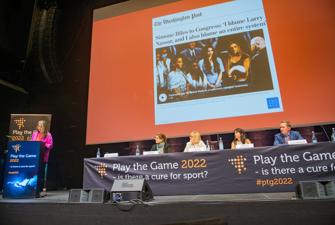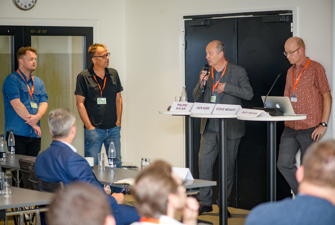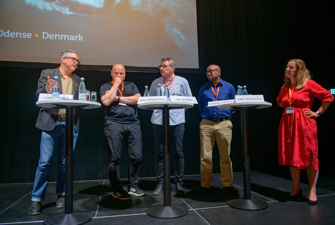A scandal is necessary to force CAS reform
The Court of Arbitration for Sport is whitewashing and laundering the decisions of sports governing bodies, said one expert in a session at Play the Game, but change is hard as there currently is no viable alternative to settle sports disputes.
A scandal is necessary to force the Court of Arbitration for Sport (CAS) to reform, speakers at Play the Game 2022 said based on their research into the sporting dispute resolution body.
They explained that challenging the monopoly, corruption, and conflicts of interest inherent in sport’s ‘Supreme Court’ is necessary but at present, only reforms are possible due to a lack of viable suggestions for an alternative body.
“The CAS is whitewashing and laundering the decisions of sports governing bodies,” said Antoine Duval of the Dutch Center for International and European Law (ASSER). “Any decision they take is almost impossible to overturn.”
“The absence of a culture of the rule of law explains many of the things that have gone on in sport,” said Miguel Maduro of the European University Institute.
“Sports governing bodies have failed in their duty to protect the integrity of sport. Their failure to act under the rule of law is perfect grounds for illicit or criminal behaviour,” he continued.
Findings from a special investigation into the CAS
Journalists should play a role in highlighting that the CAS’s issues contribute to that illicit or criminal behaviour, said speakers. However, they recognised that for journalists, selling such articles to editors is very difficult. Hence the need for a scandal. Or an investigation.
Grit Hartmann carried out a special investigation into CAS for Play the Game. She explained that over 200 of the 418 CAS arbitrators also hold positions in sports governing bodies, and this can affect decisions. She compared the cases of Kristina Tsimanouskaya and Kamila Valieva.
Sport failed to protect Tsimanouskaya during the postponed Tokyo 2020 Olympics, after she criticised a decision taken by the Belarus Athletics Federation and was threatened with deportation to her home country, where evidence indicated she may be subject to incarceration and ill treatment. The 200m runner was not allowed to compete at Tokyo 2020, as the sole CAS arbitrator ruled her case had little chance of success.
At the same time, the CAS allowed Valieva to compete at the Beijing 2022 Winter Olympics, despite the figure skater reporting a positive test for a prohibited substance. The CAS panel in her case ruled that in the principles of fairness and proportionality, she should be allowed to compete.
The sole arbitrator in Tsimanouskaya’s case was Michael Lenard, vice president of the International Council of Arbitration for Sport (ICAS), which supervises the CAS. Lenard is also a former president of the US Olympic Committee (USOC).
“It would have set a precedent that in cases of political protest, athletes can be reinstated,” said Hartmann. “And that is a precedent the sport movement didn’t want.”
Hartmann also outlined that South African swimmer Roland Schoeman had missed the Tokyo 2020 Olympics due to delays in CAS notification that an appeal to double his two-year doping ban had been unsuccessful.
His hearing was held in November 2020, but the notification of the award was postponed twice. In November 2021, CAS informed him it had dismissed the World Anti-Doping Agency’s (WADA) appeal. His ban had ended on 18 May 2021, just before the postponed Games.
The secrecy of the CAS is also a significant issue for athletes surveyed by Hartmann, none of whom are confident about its impartiality and independence.
“More than half the awards we don’t see,” said Hartmann. Just 26 CAS decisions are listed on its website for 2020, yet Hartmann’s research had found 948 were issued.
Fear of imploding the CAS without an alternative
Maduro also highlighted that in a 2018 Claudia Pechstein ruling, the Council of Europe (CoE) found the CAS is not compliant with Article 6 of the European Convention on Human Rights (ECHR), as it constitutes ‘forced arbitration,’ and therefore violates the right to a free trial. However, the CoE also ruled that even if that is the case, then it must be proved that a decision is impartial.
“Even then, the Council of Europe was worried about imploding the CAS without an alternative,” continued Maduro.
“Forced arbitration does not exist!” exclaimed Duval. “By definition!”
Florian Yelin, head of policy and research at the World Players Association, pointed out that when a state interferes in the autonomy of a sports governing body, sport is always quick to act. Yet when a state exercises power over participants in sport, sport is often slow to respond.
He introduced the Sport and Human Rights Dispute Resolution Mechanism (SHDR) which has been developed by the World Players Association (WPA) as an alternative to CAS for human rights issues, which sport has historically failed to resolve.
Both Hartmann and Duval pointed out that CAS has a lot of money to implement reform. In December last year it published its first annual report, which revealed that although it has cash assets of over CHF30 million, just CHF315,126 was spent on legal aid for those who cannot afford to take a case to CAS.
“We are struggling to change the CAS even a tiny bit,” said Duval. “So, replacing it with an alternative won’t happen.”
The inequity between the cash reserves held by CAS and the legal aid it grants is not the ‘scandal’ that journalists and reformers need to force change. But perhaps it can be used to apply pressure to fund change.
